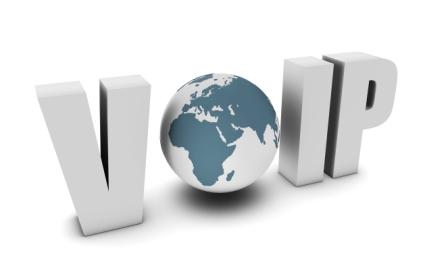As VoIP service gains acceptance and is adopted more and more in the enterprise and SMB space, consumers are educating themselves (either through painful trial and error or being thorough students prior to a deployment) on VoIP in many areas of the technology: equipment, network, providers, and best practices.
What they find in some cases is that they need better reliability, call quality or just peace of mind than what the public internet can offer as a transport network for their customer calls.
Many are not sure they have an option; others don’t know how to go about getting a price quote to determine financial feasibility of an internet alternative. Let me guide you into some other possibilities.
The internet, as we know, is a network of networks owned and managed by many different entities. Since everyone ‘owns’ it, no one owns it and as such there is no one organization that will stand behind the internet in its entirety and sign up to support it, control it and so on – it just can’t happen due to its shared responsibility and multiple players.
A private data network, however, built, owned and maintained by a single entity can offer service level agreements (SLA) and quality of service (QOS) choices and can stand behind the product they built and manage. An alternative to the public internet is to move to a private network.
One of those types of networks is purpose built for multiple protocols like voice, video, and data transmissions. One such network uses MPLS or multi-protocol-label-switching, a high speed, data-carrying mechanism that is protocol agnostic and very efficient for routing many types of data traffic quickly across a network.
In an MPLS-based network , data packets are assigned labels which speed the routing of the packet since the entire packet does not need to be analyzed. Instead just the label needs to be read and forwarding decisions are based on that information.
An MPLS network is typically built, owned and supported by a single carrier like AT&T, Global Crossing, or Masergy. These carriers may have connections to other networks to accomplish global reach, but these relationships are controlled under their pre-defined criteria and as such they can mutually agree upon a service level to offer to customers.
VoIP calls can be routed across this kind of private network instead of the public internet and as such one would expect fewer routing delays (which are critical in voice transmissions), and fewer dropped packets as the network is sized for a specific bandwidth based on customer demand. The result - a better customer experience can often be gained by transmitting voice calls using this architecture than the internet.
I am not bad mouthing the internet as a transport network for VoIP calls. Millions of simultaneous voice calls in a business environment traverse the internet every day and most are completely satisfied with that mechanism. I just want you to know that you do have options between a public and private network. With a shift to a private network, expect an SLA to be offered, a QOS option to be given and a higher price to be paid.
MPLS and private data networks can be used in conjunction with full service VoIP offerings or transport-only SIP trunks. If you want more information or have questions, please comment below. And you can always call your friendly NICE CXone salesperson as well.




